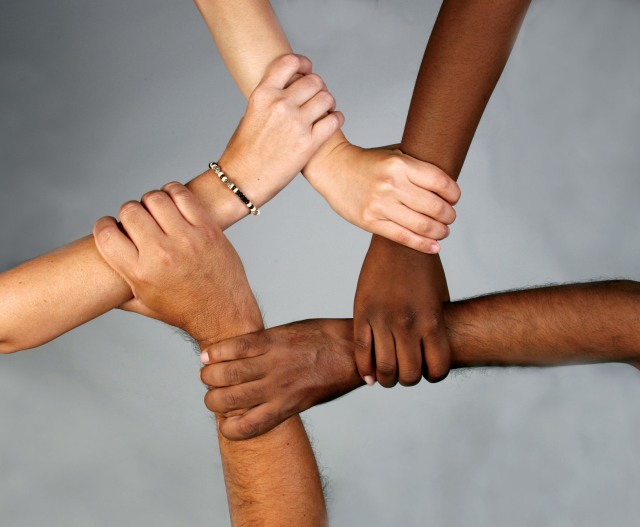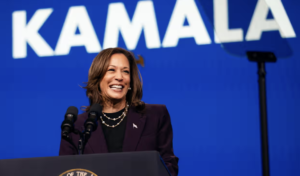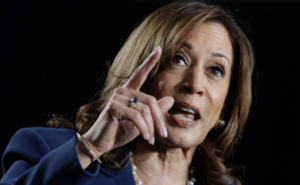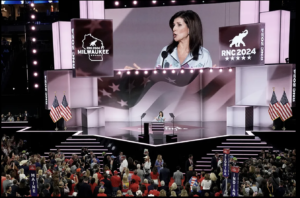Fair Skin Bias In India

Even if there is no evidence of skin color-based discrimination by Mughals, they were a homogeneous group of lighter skin rulers. So, light skin became synonymous with the superiority of rulers. But discrimination based on skin color became prominent during British rule. Dark Indians were denied entry into restaurants and educational institutions. Historically, those in higher castes with more privilege and power were more light-skinned than those in the lower castes. This is very clear due to the fact that lower castes often worked and spent their days doing work under scorching sunlight, while those of the higher castes remained indoors. Many ancient scriptures, folktales, and epics describe the good character as being fair-skinned and imply dark-skinned characters as evils. Although this formalized discrimination is long gone, Fair skin has become entrenched as a marker of a person’s social status.
India’s fascination with fair skin is thousands of years old. The biggest move to monetizing this obsession came in 1978, when ‘Fair and Lovely’ was introduced. Soon a new market for beauty products was opened. By early 2000, fairness was immensely outperforming other beauty products with no skin-lightening agents. People started to believe that whatever we put on the skin must have skin-lightening properties. These ads tell us that if we are not fair-skinned, then we are basically going to have a loveless and unsuccessful life. Fairness creams are such a necessity that Indians spend immensely on improving their fairness each year. A survey found that 70% of men believe that fair skin would give them an advantage over others in securing a job, success at interviews, and even finding a partner.
Indian movies too reinforce this notion. Fair-skinned actors often make their skin artificially darker with makeup when playing lower-caste characters. It adds another level of insecurity and fuels the desire to escape the ill-fated of being born with darker skin. Women have reported that just by lightening their skin by two shades, they experience a higher level of confidence. All these add up to an individual and cultural obsession with ‘fair skin’ that becomes a distinguishing part of a person’s beauty and social worth. It’s the one aspect of our social status that we think we can easily change when it comes to our place in the world.
Actress Ms. Nanditha Das ran a campaign “Dark is beautiful” which highlights the colour discrimination problem. We don’t need to be fair to be called beautiful. Every colour is beautiful. Similarly, many people are coming up and saying no to colour discrimination. Recently, “Fair and Lovely” renamed itself as “Glow and Lovely”. This change has brought a positive shift in the minds of people. Sunny Jain, the President of Unilever’s beauty and personal care division, said that “We recognize that the use of the words ‘fair’, ‘white’ and ‘light’ suggest a singular ideal of beauty that we don’t think is right, and we want to address this.” Unilever took a great initiative towards inclusion by changing the popular name of the brand. Our vision of beauty must not depend on skin colour.
No amount of turmeric, sandalwood, skin-lightening creams can actually brighten the colour of our skin. So, instead of buying into this myth and continuing to perpetuate it, maybe it’s time to recheck this discriminatory thing holistically. And this rejection goes beyond dropping the fairness creams or boldly claiming that dark is beautiful. It means attacking the social conditioning that tells us colorism is a “natural preference” and not a systematic bias.
Written By-







